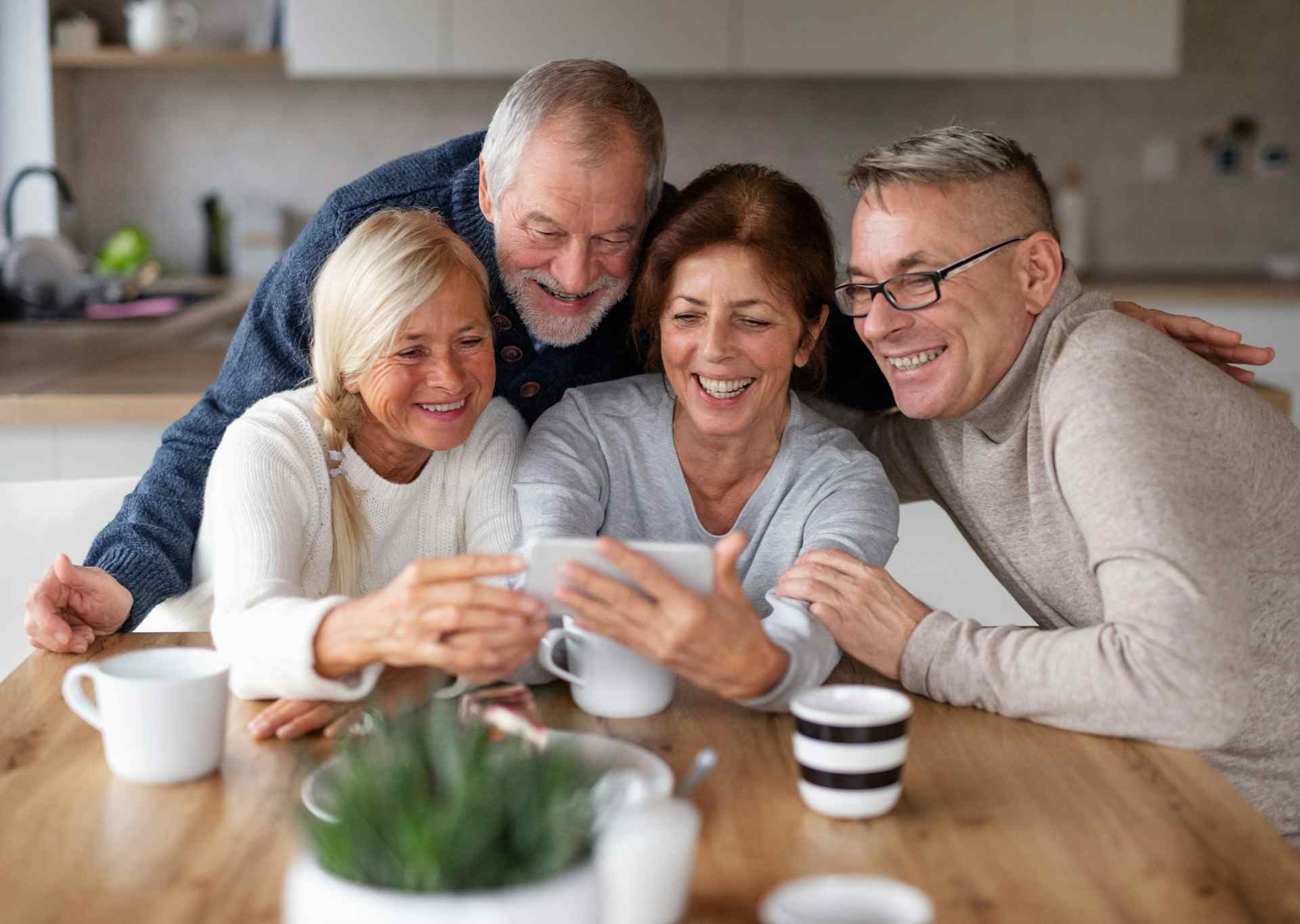It’s a great thing to want to eat healthier, but these days, some of the diets and food trends out there are going a bit too far and affecting people’s mental health – even causing body image disorder. For a lot of people, the pressure to eat perfectly or stick to strict food rules gives them guilt and anxiety and makes them feel like a failure.
Over time, this can lead to unhealthy relationships with food and even contribute to a body image disorder. If you are following these fads, you probably won’t even realize just how much these trends are impacting your self-esteem.
Although a lot of these so-called magic pills promise better health, they mostly make you have unrealistic expectations and harm your mental and emotional well-being in the long run.
What’s worse? Many of these great health tips and hacks are everywhere, especially on social media. Everyone is jumping into all these transformative workout styles without really thinking about the impact they may have.
Maybe you’ve even gotten swept up by some of them, too.
The Latest Fitness and Diet Trends For Body Image Disorder
Fitspiration culture Trends like fitspiration have become incredibly popular on Instagram and TikTok. These posts of fitness influencers showing perfect bodies might inspire, but the images are usually heavily edited. This creates unrealistic beauty standards and just makes you feel bad about your own body for no good reason.
Dieting challenges Viral hashtags like #cleaneating or #whatieatinaday push for strict diets that focus only on what you eat, but hardly ever in a healthy way. These dieting challenges only encourage unhealthy eating habits, especially for younger people, and have been found to cause body image disorders when eating becomes more about control than health.
 Overemphasis on aesthetics Many fitness influencers talk about getting a specific body type, like toned abs or a slim waist. But this unrealistic pressure only makes you obsess over how you ‘should’ look rather than focusing on being healthy in your own way.
Overemphasis on aesthetics Many fitness influencers talk about getting a specific body type, like toned abs or a slim waist. But this unrealistic pressure only makes you obsess over how you ‘should’ look rather than focusing on being healthy in your own way.
Exercise obsession Too many fitness lifestyles push people to work out too much. Even though exercise itself is good, doing it too much will eventually burn you out and leave you with anxiety and other mental health problems.
Distorted reality Many filters and editing tools on social media make it hard for you to accept your real self. This distorts how you see yourself and makes it tough to accept your natural body.
There are countless other tips and hacks out there. Of course, not all fitness and diet routines are harmful. It’s just a matter of being able to tell the difference between habits that promote well-being and those that aren’t good for your mental health.
Separating Positive and Negative Fitness/Diet Routines
Healthy Routines
- Focus on feeling good, not just on appearance.
- Include a mix of healthy foods but allow room for occasional treats without guilt.
- Make time for rest and recovery, knowing your body needs it.
- Set realistic goals that help you feel better, not stressed.
- Celebrate small wins, like feeling stronger or more energized.
Unhealthy Routines
- Focus too much on quick results and appearance.
- Stick to strict rules that leave no room for flexibility or fun.
- It makes you feel bad if you don’t follow the plan perfectly.
- Focus on what others are doing, instead of what works for you.
- Make exercise feel like a punishment instead of something enjoyable.
- Create guilt around food, making you feel bad about eating something you enjoy.
- Ignore the need for rest, which leaves you exhausted and burnt out.
If all this sounds more than familiar and you’ve already gotten caught up in these trendy diets or fitness challenges that only leave you feeling drained, emotional, or unhappy with your body, it’s time to reconsider.
Nutrition experts with your mental safety at heart can be found right here to help you take a healthier, more balanced approach to food and fitness. If you allow them, they will guide you into having a positive relationship with your body, without stress and pressure.
Call us today to learn more and to meet with a counselor in our network.
Photo:
“Pickled Vegetables”, Courtesy of Kateryna Hliznitsova, Unsplash.com, Unsplash+ License
-
Grace Mavindidze: Author
Grace Mavindidze is an experienced Journalist of close to two decades and a certified SEO specialist writer who enjoys traveling, meeting people from a broad cultural spectrum, as well as engaging people in topics that are informative, entertaining,...
DISCLAIMER: THIS ARTICLE DOES NOT PROVIDE MEDICAL ADVICE
Articles are intended for informational purposes only and do not constitute medical advice; the content is not intended to be a substitute for professional medical advice, diagnosis, or treatment. All opinions expressed by authors and quoted sources are their own and do not necessarily reflect the opinions of the editors, publishers or editorial boards of Stone Oak Christian Counseling. This website does not recommend or endorse any specific tests, physicians, products, procedures, opinions, or other information that may be mentioned on the Site. Reliance on any information provided by this website is solely at your own risk.




